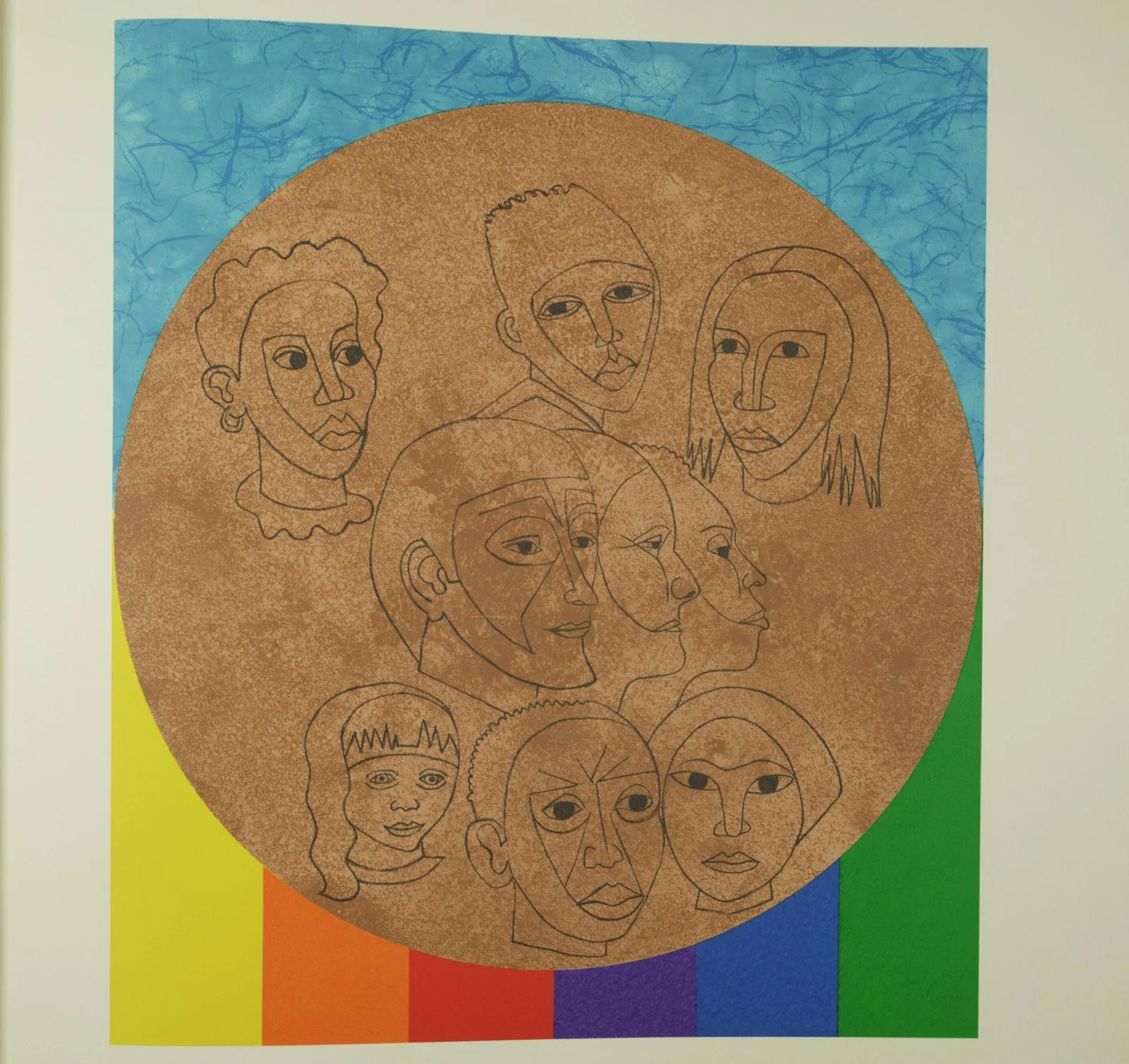In the summer of 2022, the Newberry will welcome 25 college and university faculty for a three-week institute exploring Chicago’s groundbreaking artistic styles and lasting influence on modernist literature, dance, and visual culture. Supported by a grant from the National Endowment for the Humanities (NEH), Making Modernism will encourage participants to engage with the Newberry’s vast archival collections related to Chicago and the arts as well as to incorporate new findings into their teaching and research.
In a city often defined by its industrial and commercial ambitions, Chicagoans were eager to build institutions that fostered the arts. Over the course of the three-week summer institute, participants will research and learn about the institutional context that bred an artistic community unique to Chicago. This context includes the 1893 World’s Fair, which gave rise to many of the city’s arts organizations, and the Works Progress Administration, which fostered interracial collaborations during the Great Depression.
Building on three previous Making Modernism NEH institutes held at the Newberry in 2013, 2017, and 2019, the 2022 summer institute draws on the latest scholarship in the field to further participants’ understanding of Chicago’s cultural output and its connections to local, national, and international influences.
Making Modernism will be led by Liesl Olson, Director of Chicago Studies at the Newberry, and Susan Manning, Bergen Evans Professor in the Humanities at Northwestern University.
Applications for Making Modernism will open in November.
The Newberry’s collections on this topic are unsurpassed, including the records of Chicago’s newspapers and journalists; clubs, arts organizations, and dance and theater companies; and writers, editors, choreographers, artists, book designers, and publishers. Particularly relevant collections include the records of the Arts Club of Chicago, the Ann Barzel Dance Research Collection, and the papers of Fanny Butcher, Jack Conroy, Floyd Dell, the Dill Pickle Club, Ben Hecht, Ruth Page, Eunice Tietjens, and Mark Turbyfill, among others.
